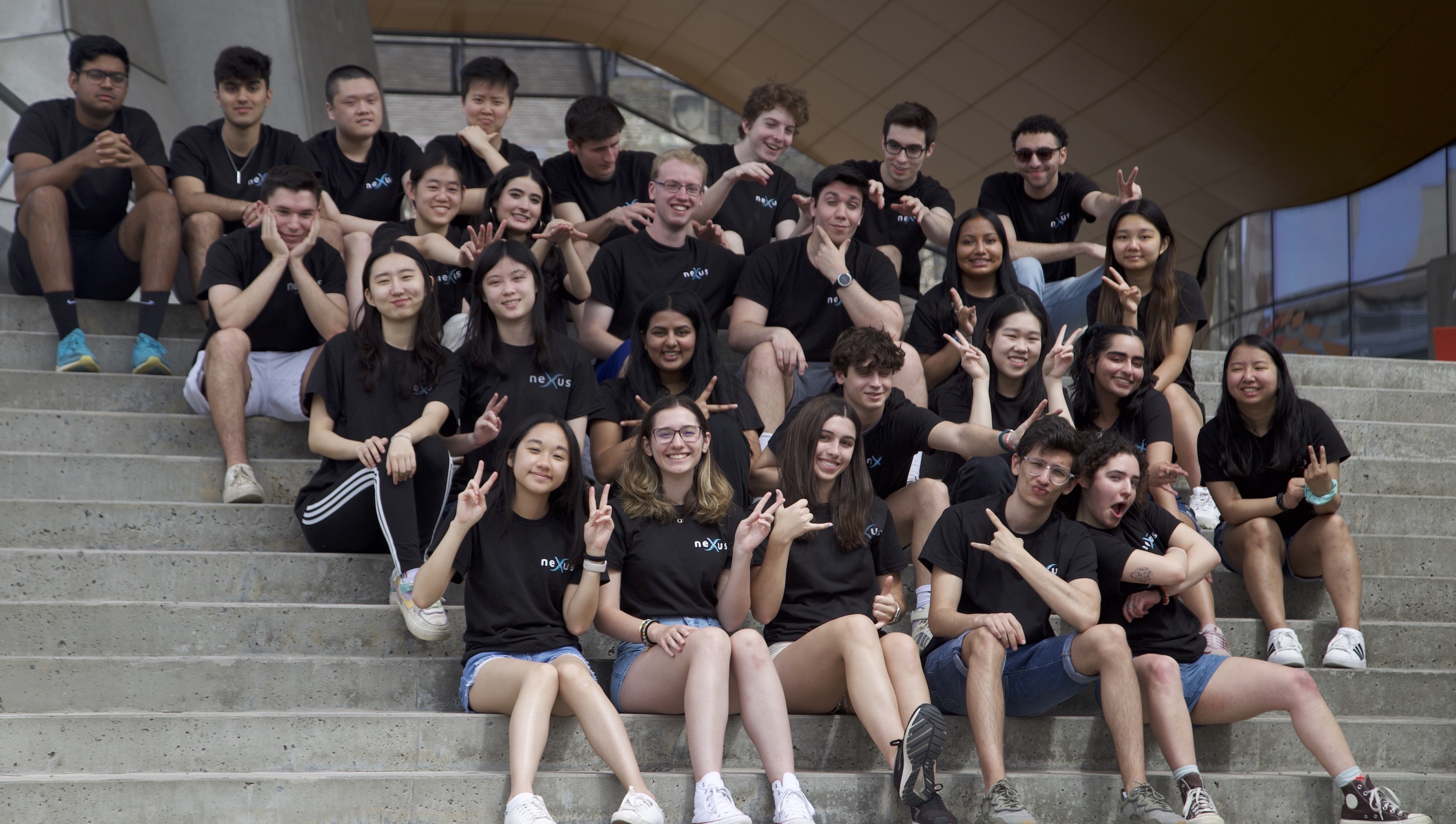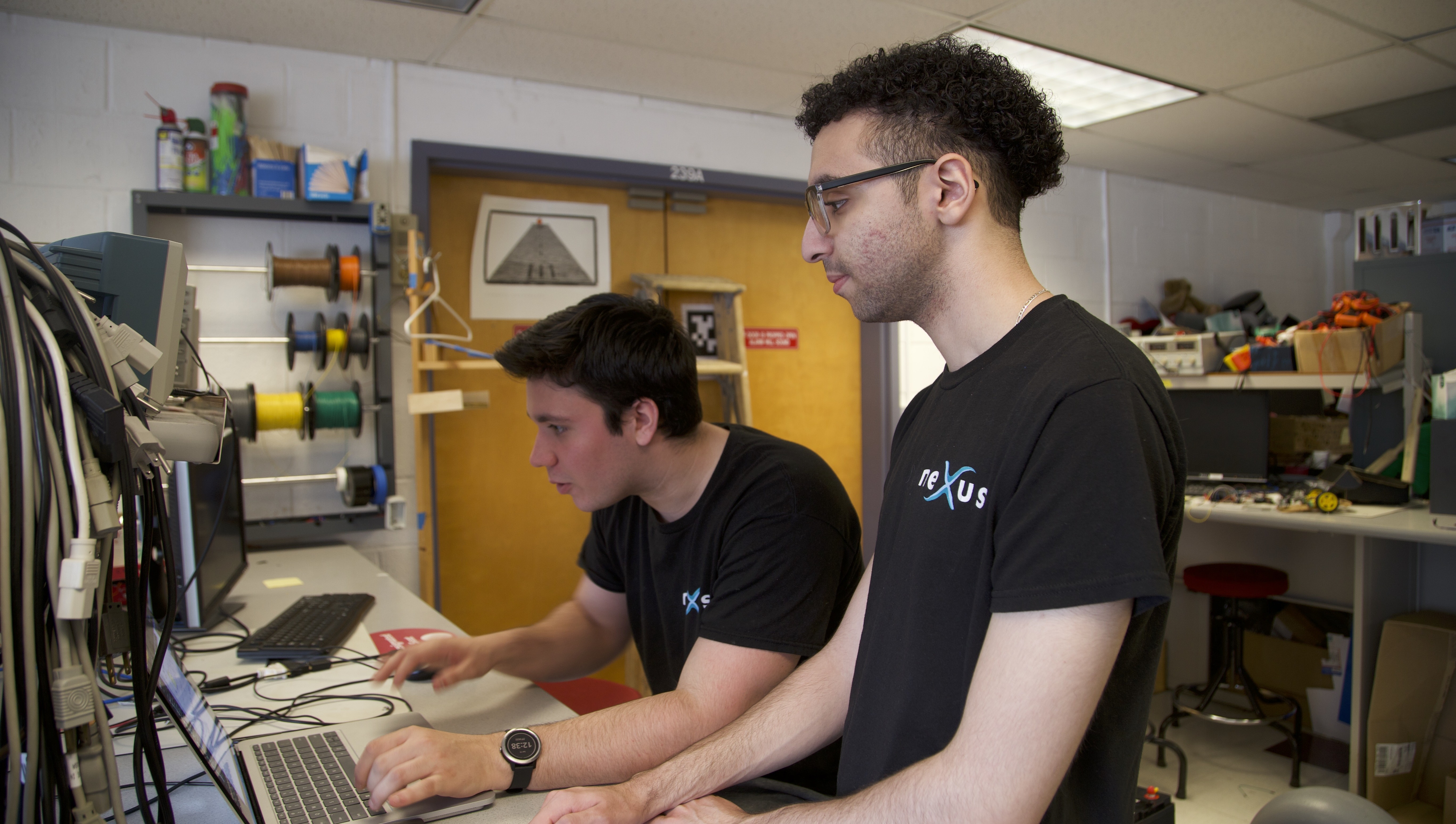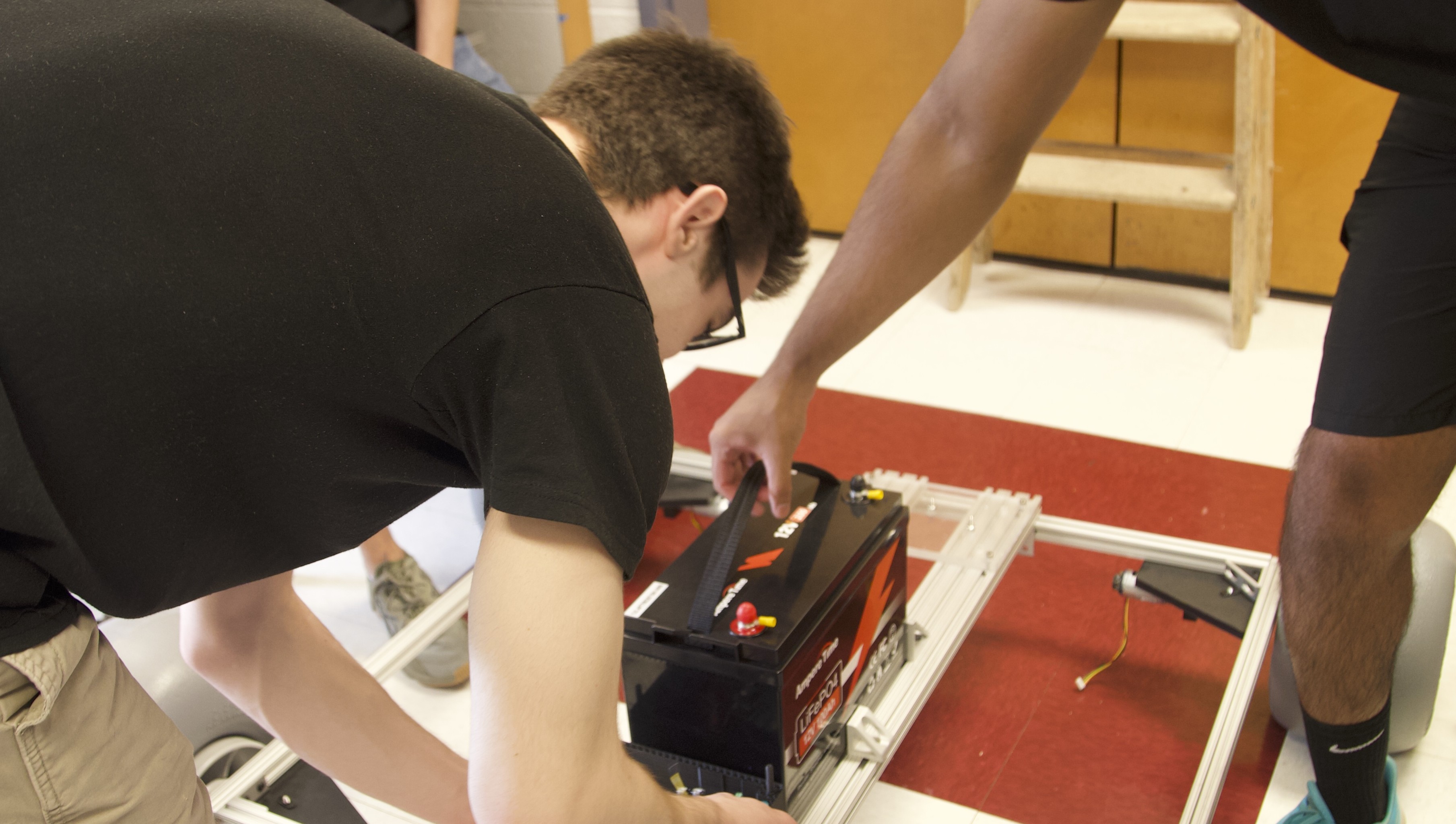This project is now in update mode. Check back regularly to see how things are progressing.
Help Cornell Nexus Remove Microplastics From Your Beaches
OUR MISSION
Our beaches are polluted. There are plastic bottles and pieces of trash scattered everywhere. But we can only see large plastics. In reality, there are fifty trillion pieces of microplastics contaminating the sand, oceans, rivers, and even in our drinking water.
Cornell Nexus is a team of passionate, eager individuals ready to make an impact and ensure that we have a tomorrow. We aim to clean up microplastics all the way from beach shores to the depths of the ocean.
Currently, we are building an autonomous robot that will filter out microplastics from beach shores. As a team, we value ingenuity, collaboration, and persistence. We will redefine the impact that Cornell students can make to solve the water pollution crisis.
OUR TEAM
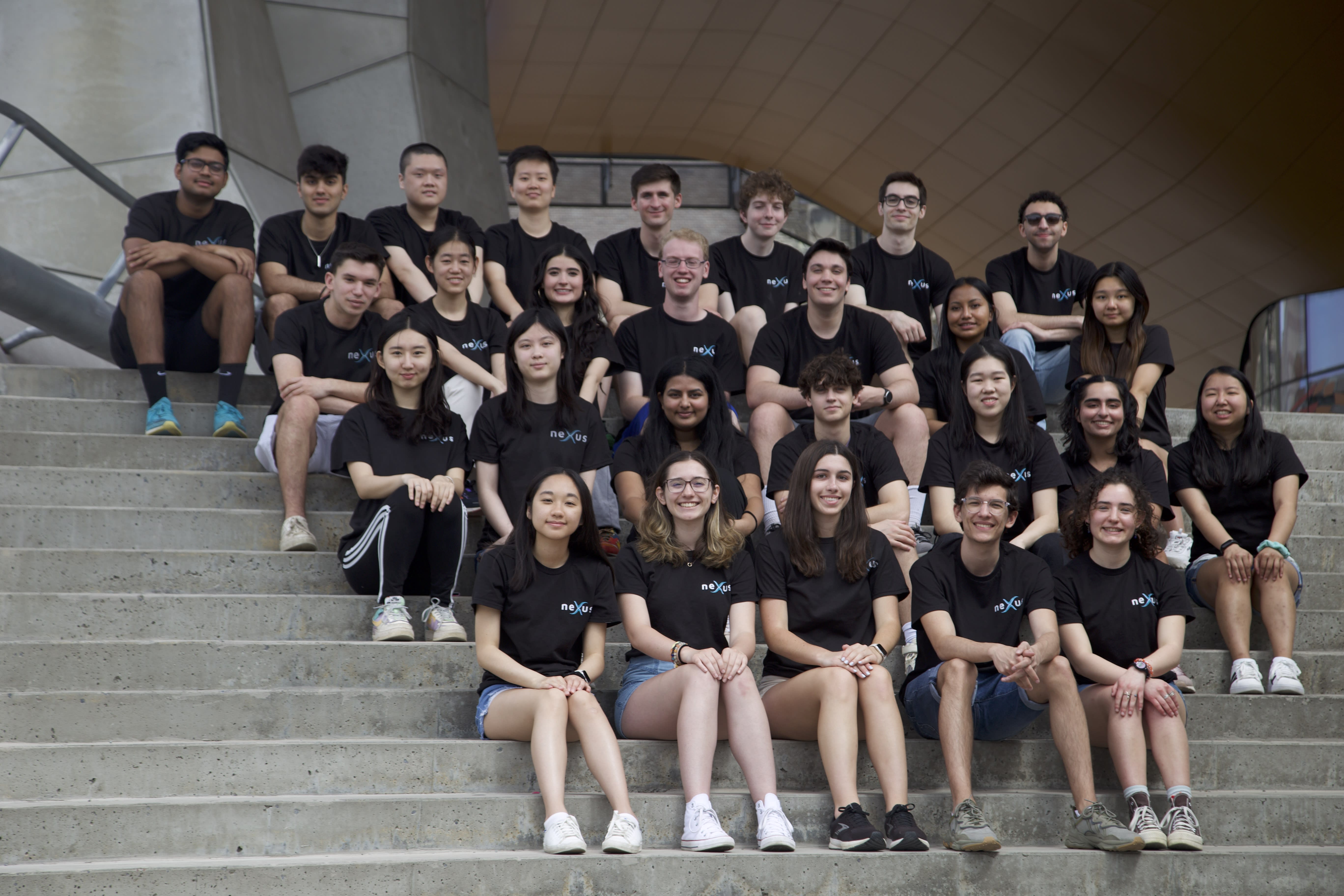
Software
The software subteam is developing the autonomous algorithm for our robot, which determines the robot's traversal and environmental interaction. While the main traversal algorithms, visualizations, and graphical user interface have been established, the team is actively refining these features. Currently the members are also working on the obstacle avoidance and docking algorithm, building the backend routes for the GUI, and testing.
Electrical
The electrical subteam designs and implements the sensor and power systems of our autonomous robot. Some of their current projects include: designing, assembling, testing, and iterating upon custom PCBs for sensor operation and power distribution; designing the base station’s charging system to autonomously recharge the robot’s battery using solar power; integrating a GPS-RTK (real-time-kinematics) to obtain high-accuracy localization data for the robot as it traverses the beach; and writing motor controller code using motor encoder data for the updated swerve-steering drivetrain.
Mechanical
The mechanical subteam develops an autonomous vehicle framework capable of operating on a beach setting. The team has completed the first prototype of the drivetrain to filter microplastics from the sand. Members test to maximize the intake and the efficiency of our filtration mechanism. The team is currently working on an improved drivetrain which will feature four wheel drive technology with swerving mechanism for turning. Furthermore, they are also manufacturing a base station that will contain solar panels for charging, allowing our system to be fully autonomous and environmentally friendly.
Business
The business subteam manages the logistics behind making the projects possible and actualizes the intended impact. This includes getting funding, managing finances, assisting in internal operations, marketing the organization, and more.
 | 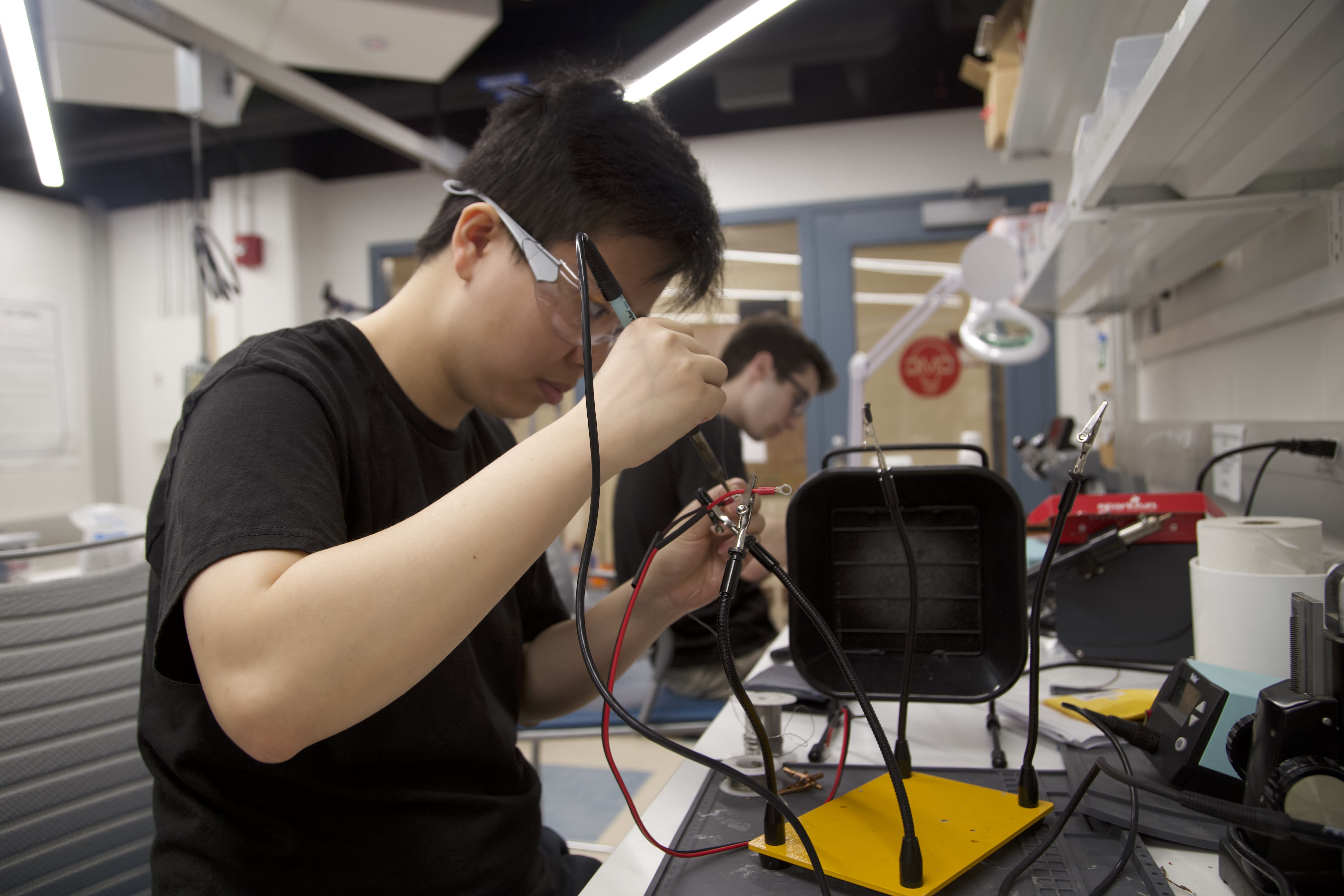 |
WHY DONATE?
Support for our team will allow us to get one step closer to fulfilling our mission of innovating for environmental sustainability. We have amassed a talented group of engineers and project managers who are passionate about our mission. Your generous donation will be going towards necessary materials to build out our robot and other materials necessary for maintenance of a project team.
$5
Turtle
$5 will allow us to purchase small but crucial pieces of material such as bearings, zip ties, wiring, and fuses.
$10
Penguin
$10 will allow us to purchase more substantial subparts such as wifi connectors, simple sensors, L brackets, and hinges.
$25
Dolphin
$25 will allow us to purchase items such as wire cutters, Raspberry Pi Fans, PCB Printing, Hack Saw etc.
$50
Whale
$50 will allow us to purchase items such as Raspberry Pis, Dremel, and other helpful resources such as Machine Shop training for new members.
$100
Shark
$100 will allow us to purchase items such as new wire mesh for filtration and solar panels for our base station.
$200
Orca
$200 will allow us to purchase batteries and RGB-D cameras, drivetrain motors, and drills/drill bits to help complete our project.

